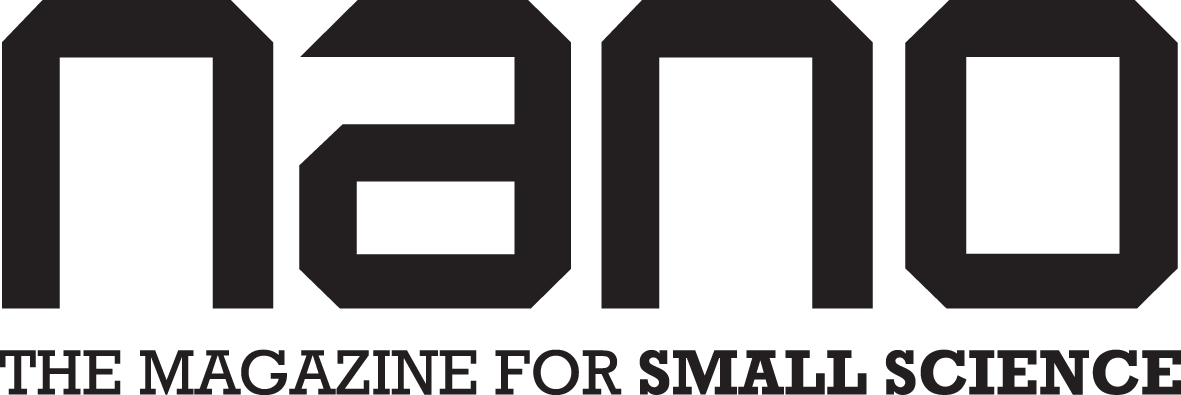Nanoscale Innovation: Transforming Industries and Creating a More Sustainable Future

The potential of nanotechnology to transform all aspects of our lives is continually increasing, with the global nanotechnology market projected to reach $183.7 billion by 2028 with a compound annual growth rate (CAGR) of 22.0% from 2023, according to BCC Research.
Significant growth has been forecasted due to a rapidly increasing demand for nanotechnology products and services from various industries and the growing investment in nanotechnology research and development by governments, particularly in specific sectors.
The healthcare industry is already seeing significant advancements through nanotechnology.
Healthcare
Nanotechnology is already witnessing remarkable progress within the healthcare industry. Ground-breaking drugs and therapies that are more precise and efficient than conventional treatments are being developed, such as nanoscale drug delivery systems that can deliver drugs directly to tumour cells, minimizing the adverse effects of chemotherapy.
Furthermore, nanotechnology is also being used to develop new diagnostic tools that can identify diseases at an earlier stage and with greater accuracy. Researchers are also exploring using nanorobotics and nano sensors to perform minimally invasive surgeries and monitor the body's functions in real time.
Energy
In the energy sector, researchers are currently working on advancements in solar cells and batteries that are more efficient and cost-effective than existing technologies.
One such development is nanoscale solar cells, which have proven more effective at converting sunlight into electricity than traditional silicon solar cells. Scientists are also exploring creating new batteries with greater energy storage capacities and longer lifespans. Additionally, nanotechnology is being utilized to develop fuel additives and catalysts to significantly decrease the carbon footprint of energy production and transportation.
There is ongoing research to improve the efficiency and cost-effectiveness of solar cells, surpassing current technologies.
Manufacturing, Transportation, and Construction
Nanoscale innovation continues to impact various industries, including manufacturing, transportation, and construction.
Nanoscale materials are being used to create new lightweight and durable materials for aircraft and automobiles, alongside new self-cleaning and energy-efficient building materials like nano coatings that can repel water, dirt, or nanogels that can regulate temperature and humidity.
Agriculture
Nanotechnology is utilized in agriculture to increase crop yields and decrease dependence on fertilizers and pesticides, with farmers using real-time data provided by nano sensors to monitor soil conditions and crop health to optimize their practices.
Nanotechnology is also leading to the development of new coatings and packaging materials that help extend the shelf life of food and reduce food waste.
Conclusion
Nanoscale innovation is changing the game for almost every industry sector. Nanoscale materials and technologies are ushering in new products and services that are more efficient, sustainable, and safer, holding promise to address some of the world's most pressing challenges as nanoscale innovation continues to evolve and reshape the future.







